February 28, 2024
by Elizabeth Pratt
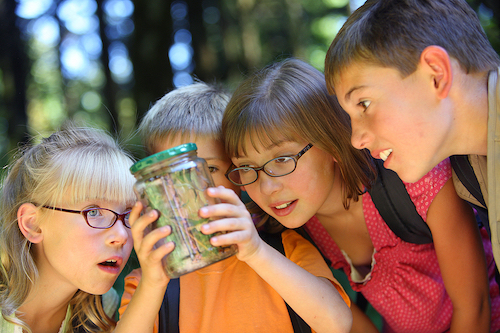
Teenagers who grow up in large families have poorer mental health than their peers who grew up in a family with fewer siblings.
Researchers from Ohio State University found that in an analysis of children growing up in the US and China, a larger number of siblings had ramifications for the mental health of teenagers.
[More]
February 27, 2024
by Patricia Tomasi

A new study published in Cities and Health looked at associations between real-time, self-reported adolescent mental health and urban and architectural design concepts. “First, we designed a walking route (1.7km) with seven stops, and quantified the actual spaces according to a number of features of pedestrian and transit oriented design,” study author Leia Minaker told us. “Next, we took 70 kids between nine and 17 years old on a walk, and had them fill out these surveys at each stop.”
[More]
January 30, 2024
by Patricia Tomasi
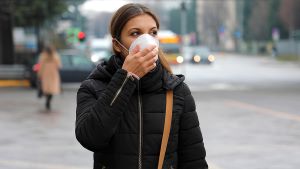
A new study published in BMC Public Health looked at married women’s decisions to delay childbearing, as well as loneliness, severe psychological distress, and suicidal ideation under crisis during the pandemic. “This study intended to find out how pregnancy decisions affect the well-being of women,” study author Midori Matsushima told us. “We used the COVID-19 pandemic as a natural experiment that affected the population as a whole.”
[More]
January 16, 2024
by Patricia Tomasi

autistic children in the aftermath of events on October 7th, 2023 in Israel. “Following the unprecedented attacks by Hamas on October 7th, we sought to understand the psychological experience of autistic and non autistic children and their parents,” Dr. Judah Koller of the School of Education at the Hebrew University of Jerusalem told us.
[More]
December 26, 2023
by Patricia Tomasi

A new study published in iScience looked at whether pet and owner personality and mental wellbeing associate with attachment to cats and dogs. “We delved into the personality and mental wellbeing profiles of both owners and their pets (cats and dogs) concerning owners’ attachment insecurity, explicitly focusing on avoidant and anxious attachment styles,” study author Aada Ståhl told us.
[More]
December 22, 2023
by Elizabeth Pratt

Parents are feeling the pressure this holiday season.
Data from the C.S. Mott Children’s Hospital National Poll on Children’s Health at University of Michigan Health found one in five parents think their children have unrealistic expectations of the holiday, and one in four parents admit they themselves set overly idealistic expectations for the holidays.
[More]
October 30, 2023
by Elizabeth Pratt
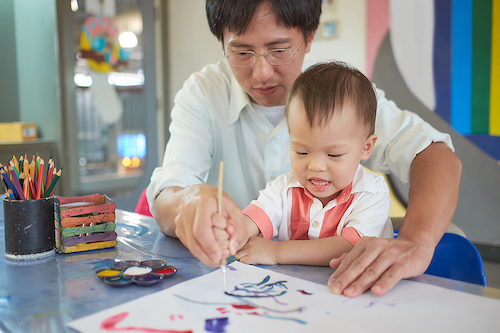
Children who are close to their parents early in life are more likely to be kind, helpful and prosocial when they grow up.
Researchers from the University of Cambridge found that children who had a strong bond with their parents early in their life were more likely to treat others kindly and act with empathy.
[More]
August 4, 2023
by Elizabeth Pratt
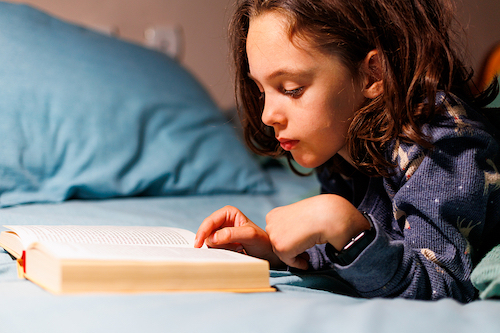
Children who read for pleasure experience better mental health during adolescence as well as superior performance in cognitive tests.
Research published in Psychological Medicine found that roughly 12 hours of reading per week was the perfect amount associated with an improvement in brain structure.
[More]
May 16, 2023
by Patricia Tomasi
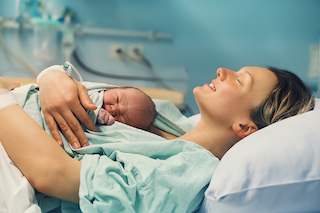
A new study published in the European Journal of Social Psychology looked at how the mindset of birth predicts birth outcomes. “Broadly speaking, the study is about the role of psychology in childbirth,” study author Lisa Hoffman told us. “We were interested whether psychological factors may have an effect on birth outcomes and whether, in turn, psychological factors (e.g., postpartum well-being, postpartum depression) may be predicted by birth.”
[More]
May 9, 2023
by Patricia Tomasi

A new study published in the Journal of Affective Disorders looked at the social and cognitive vulnerability to COVID-19-related stress in pregnancy. “We were interested to find out whether being pregnant during the pandemic was associated with postpartum mental wellbeing of the mothers and their babies,” study author Susanne Schweizer told us. “In particular, we were interested whether the experiencing stress related to the pandemic (including, stressors such as economic and health-related worries) would be associated with more postpartum depression and anxiety in the mothers and poorer affect in the children.”
[More]